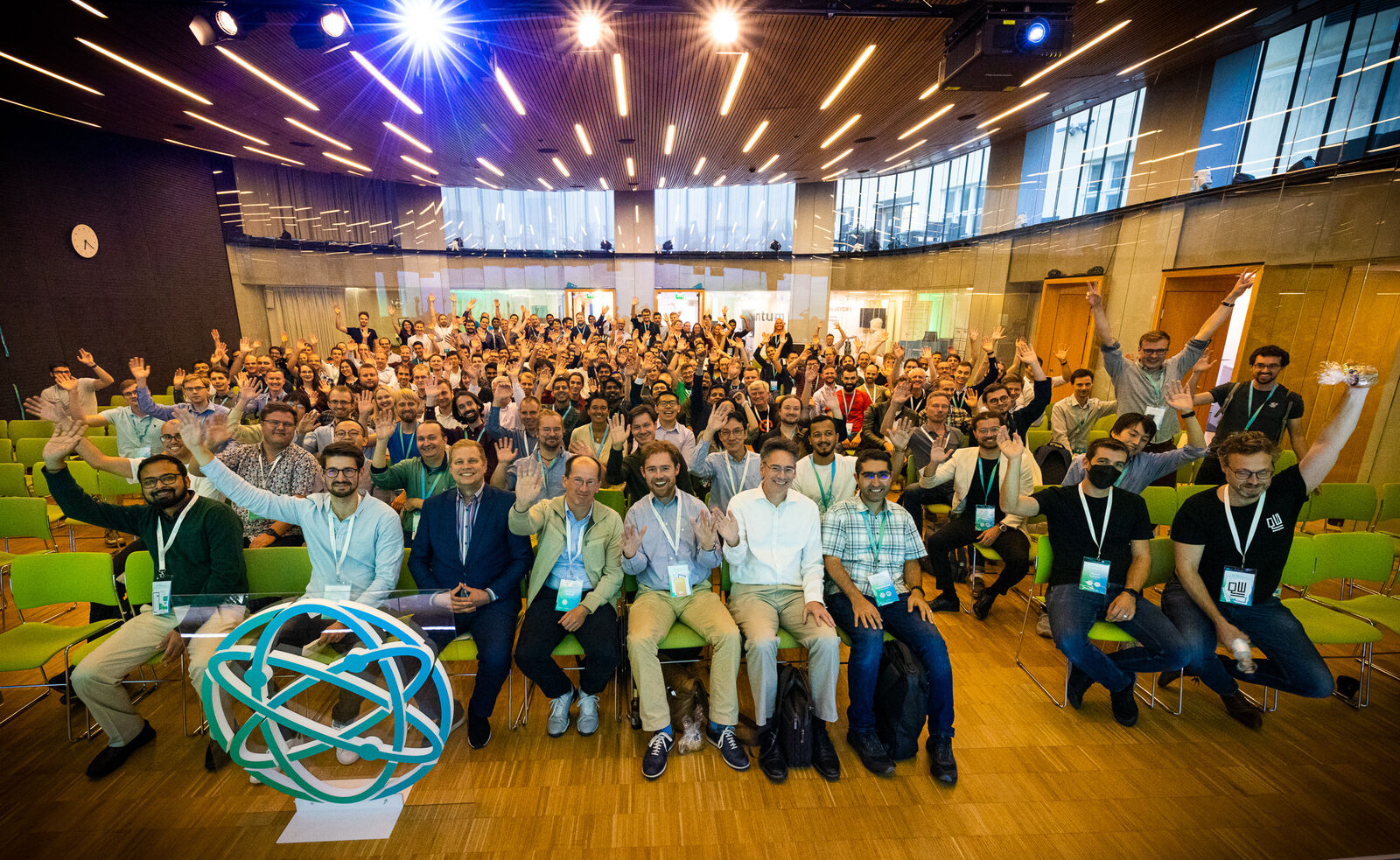Global Superconducting Quantum Community to Meet at SQA Conference 2023

Insider Brief
- Superconducting Qubits and Algorithms (SQA) Conference will take place in Munich from Aug. 29- to Sept. 1.
- The conference is aimed at bringing together the scientific community, academia and industry players
- Past conferences have attracted attendees from Yale University, MIT, Google Quantum AI, Université Paris-Saclay, Chalmers, IBM, Quantum Machines, the University of Tokyo, the University of Chicago, Orange Quantum Systems, and the University of Illinois at Urbana-Champaign.
PRESS RELEASE — Superconducting quantum computing is one of the most promising approaches to quantum computing. Last year, the superconducting quantum computing community finally got its own conference, the Superconducting Qubits and Algorithms (SQA).
This year, the Superconducting Qubits and Algorithms (SQA) Conference will take place in Munich from August 29th to September 1st, 2023. It is co-organised by IQM Quantum Computers, the Technical University of Munich, and Munich Quantum Valley.
Bringing together the scientific community, academia, and industry players, the four-day conference seeks to foster an exchange of ideas and discuss the latest advancements in superconducting quantum computing.
With the schedule already planned, the SQA Conference promises to again be the place to be for all things superconducting quantum computer this summer.
The conference has attracted an array of esteemed speakers, including from Yale University, MIT, Google Quantum AI, Université Paris-Saclay, Chalmers, IBM, Quantum Machines, the University of Tokyo, the University of Chicago, Orange Quantum Systems, and the University of Illinois at Urbana-Champaign.
Commenting on this year’s conference, Dr. Stefan Seegerer, a Member of the Organising Committee and Education Lead at IQM Quantum Computers, says: “It is great to see the superconducting quantum community coming together for the second time. With its vibrant atmosphere and dynamic sessions, the SQA Conference continues to shape the future of superconducting quantum research, unlocking new possibilities, initiating new collaborations, and paving the way for revolutionary breakthroughs.”
Prof. Stefan Filipp of TU Munich/Walther-Meißner-Institute) adds: “Superconducting qubits are emerging as a prime candidate for future quantum computers, which makes it necessary to create an independent discussion platform. We are happy that the SQA conference in Munich fulfills this need and presents the possibility to meet and exchange for international experts from research institutes and successful companies alike.”
